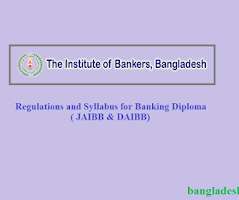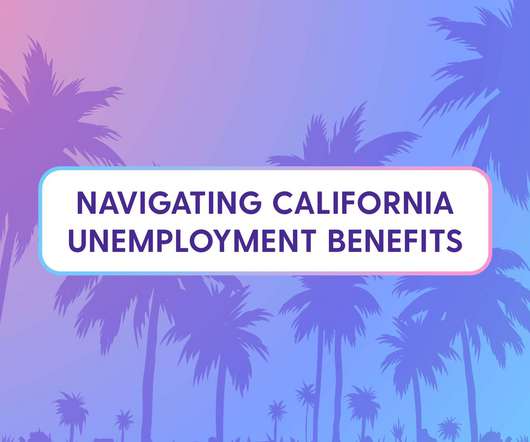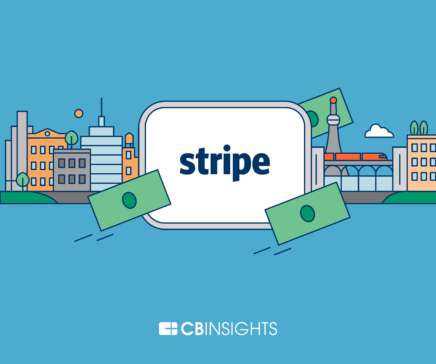FinCEN AML/CTF Priorities Part 6: Transnational Organized Crime (TOC)
Abrigo
AUGUST 20, 2021
The activity stretches from crimes we know, such as phishing, internet auction fraud, and advanced fee schemes to human trafficking, illegal trade in natural resources (diamonds, timber, etc.), Drug trafficking reached $320 billion in profits in 2009, including $85 billion in cocaine and $68 billion in opiates. Fraud Prevention.




































Let's personalize your content